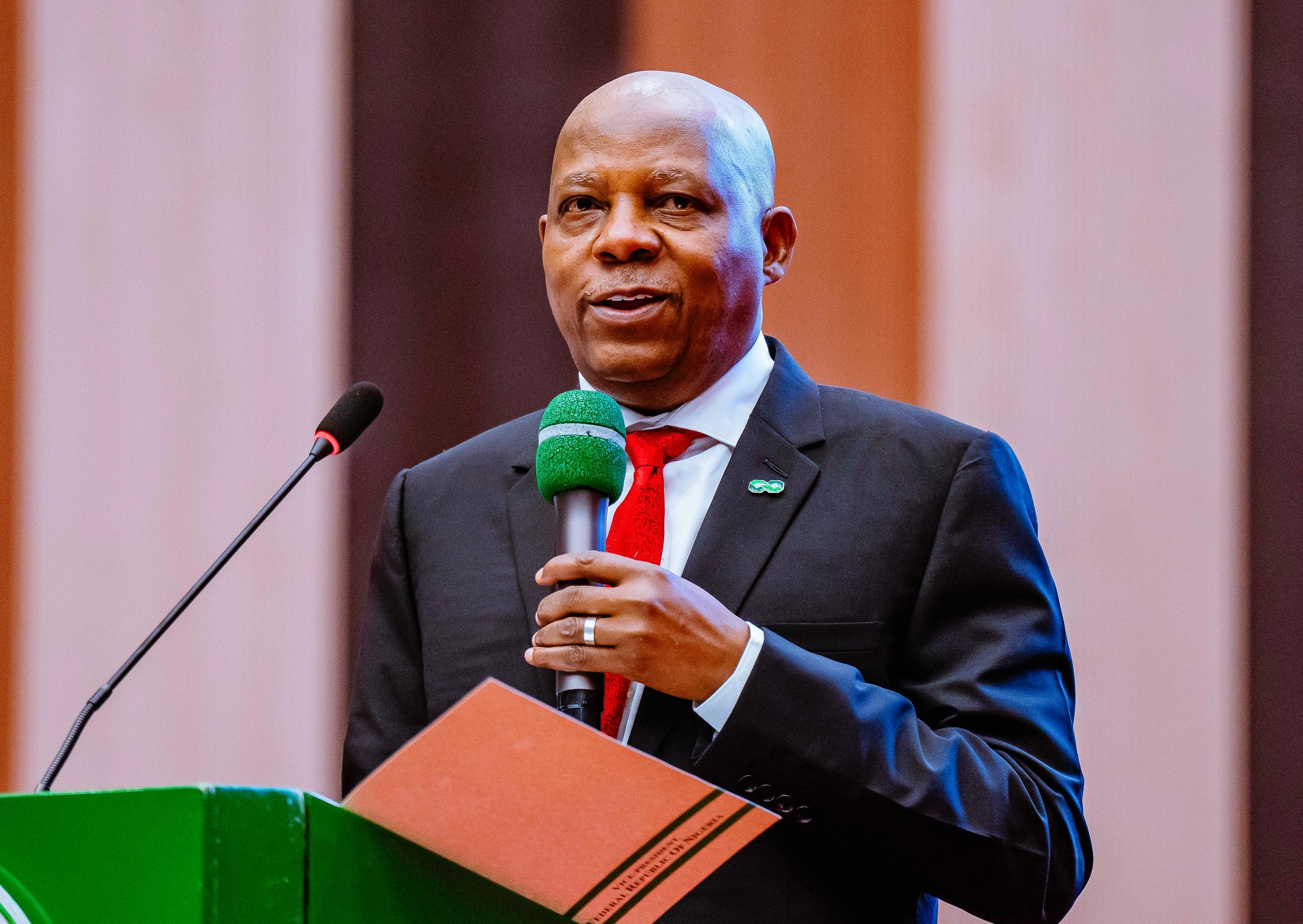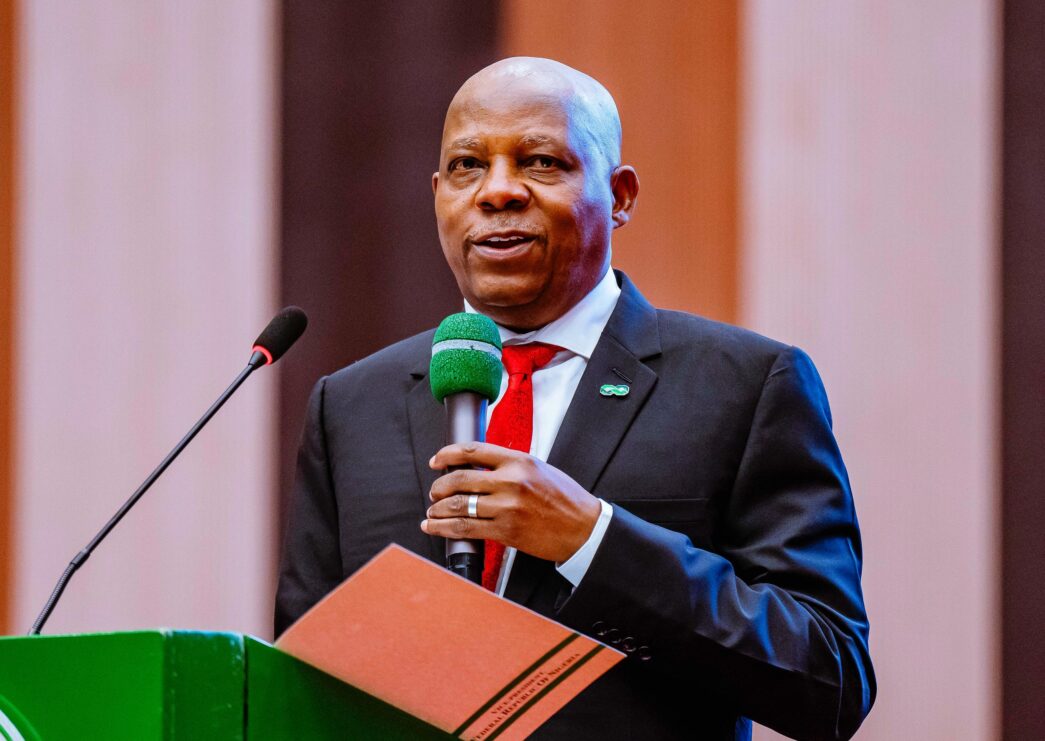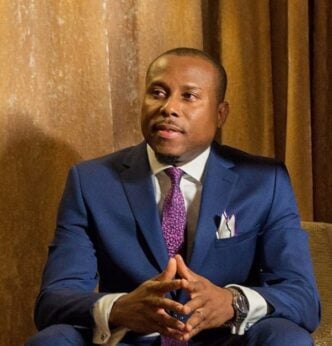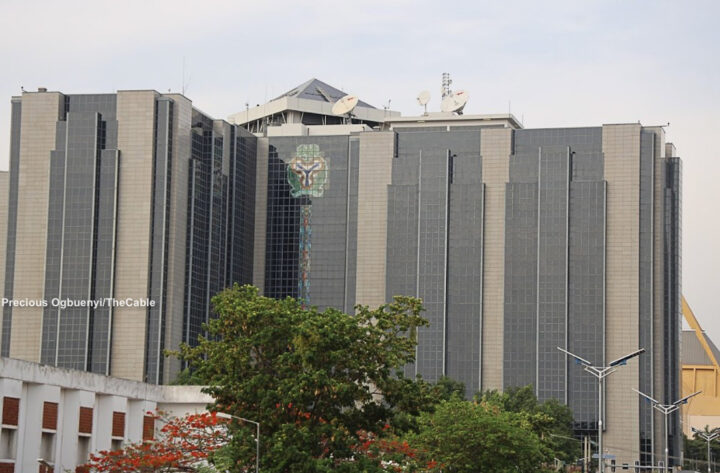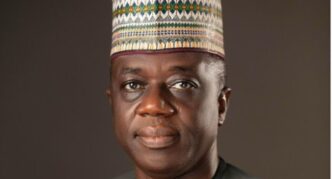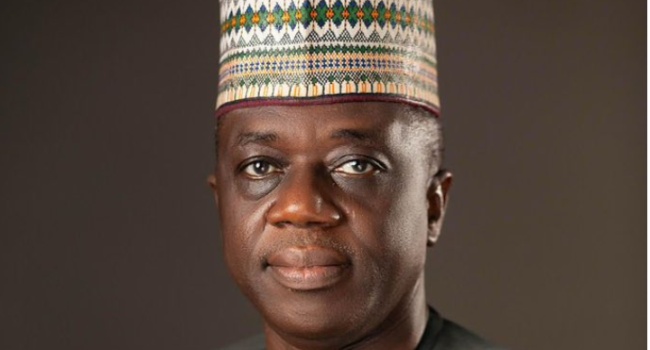Vice-President Kashim Shettima says the capital market will drive industrialisation and improve the living standards of citizens.
Shettima spoke on Monday at the opening of a two-day judges’ workshop organised by the Securities and Exchange Commission (SEC) in Abuja.
The workshop is themed ‘Repositioning the Nigerian Capital Market for National Economic Transformation through Effective Dispute Resolution’.
Speaking at the event, the vice-president solicited the support of the judiciary to grow the capital market through the delivery of verdicts that are well-reasoned, timely, and technically sound.
Advertisement
He said such judgments would boost investor confidence and attract capital to the economy.
Shettima, who was represented by Tope Fasua, special adviser to the president on economic affairs (office of the vice-president), described the capital market as the “lifeblood” of any modern economy.
He said delays, inconsistencies, or a lack of specialised understanding by judicial officers could create systemic risks and discourage investment.
Advertisement
The vice-president said the theme of the workshop is more than just a topic for conversation, but a call to action — a strategic imperative that resonates deeply with the economic agenda of President Bola Tinubu’s administration.
“It underscores the undeniable truth that a robust, efficient, and trustworthy capital market is the bedrock upon which sustainable national economic transformation can be built,” the vice-president said.
“Capital market is far more than just a platform for buying and selling securities. It is the lifeblood of modern economies, a sophisticated ecosystem that mobilises long-term capital for productive investments.
“It connects savers with investors, providing the necessary liquidity for businesses to expand, innovate, and create jobs. It is where infrastructure projects find funding, where small and medium enterprises (SMEs) can scale, and where the dreams of entrepreneurs can take flight.
Advertisement
“In Nigeria, a nation brimming with potential and a youthful, dynamic population, the capital market holds an even greater significance. It is a critical tool for diversifying our economy away from over-reliance on a single commodity, fostering indigenous industrialisation, and attracting both domestic and foreign direct investments.
“A well-functioning capital market can unlock latent wealth, deepen financial inclusion, and ultimately improve the living standards of our citizens. It is the conduit through which national savings are channelled into productive ventures, driving the wheels of progress and prosperity.”
Shettima said trust remains critical to attracting investments into the market, adding that investors will only commit their capital where they believe investments are secure, transactions are transparent, their rights are protected, and regulatory systems are strong.
He acknowledged that disputes in the market are inevitable — whether from contractual breaches, market manipulation, insider trading, or corporate governance infractions — but stressed that resolving them swiftly and fairly is critical to the market’s growth.
Advertisement
On her part, Kudirat Kekere-Ekun, chief justice of Nigeria (CJN), said the capital market is no longer a distant abstraction limited to high finance or institutional investors but has become a key driver of economic participation and empowerment.
‘CAPITAL MARKET IS A PLATFORM FOR INNOVATION BUT SUSCEPTIBLE TO FRAUD’
Advertisement
Represented by Justice Stephen Adah of the supreme court, Kekere-Ekun observed that like all vital systems, the capital market was also vulnerable.
“The capital market is a repository of trust, but also a potential site of distortion. It is a platform for innovation, but also susceptible to fraud and regulatory arbitrage,” she said.
Advertisement
“In this regard, the Judiciary has a profound role to play. Not as passive arbiters, but as active custodians of economic integrity and commercial justice.”
On his part, Emomotimi Agama, director-general (DG) of the SEC, said the workshop aligns with the commission’s efforts to engage the judiciary following the enactment of the Investment and Securities Act (ISA) 2025.
Advertisement
Agama described the legislation as a milestone that strengthens investor confidence, enhances regulation, and positions Nigeria’s capital market on the global stage.
“By enacting this progressive law, Nigeria has taken a bold step toward fostering a more transparent, efficient, resilient and secure investment climate,” he said.
“The diligent efforts of the Executive and Legislative arms in ensuring the seamless passage of this Act reflect a shared commitment to economic growth, financial stability and sustainable development.”
Also speaking, Ola Olukoyede, chairman of the Economic and Financial Crimes Commission (EFCC), said the agency has charged 58 unlicensed businesses operating pyramid schemes in Nigeria, with two convictions secured.
Olukoyede harped on the importance of updating the knowledge and understanding of the judiciary, given the constant changes in the operation of the capital market space, including the trading of digital assets.
